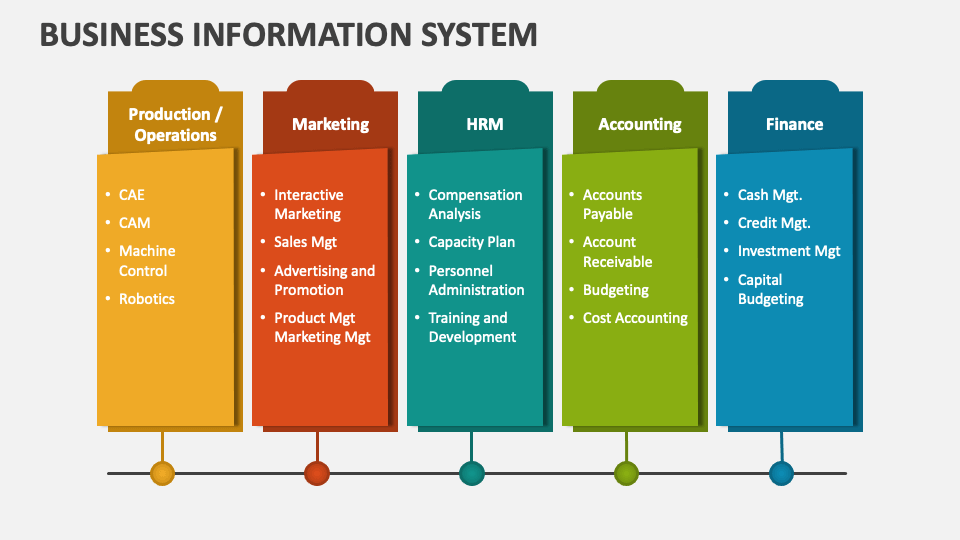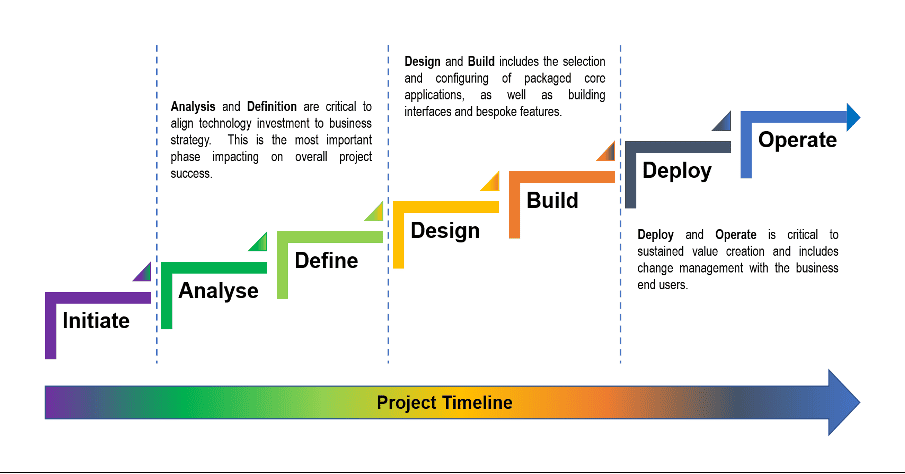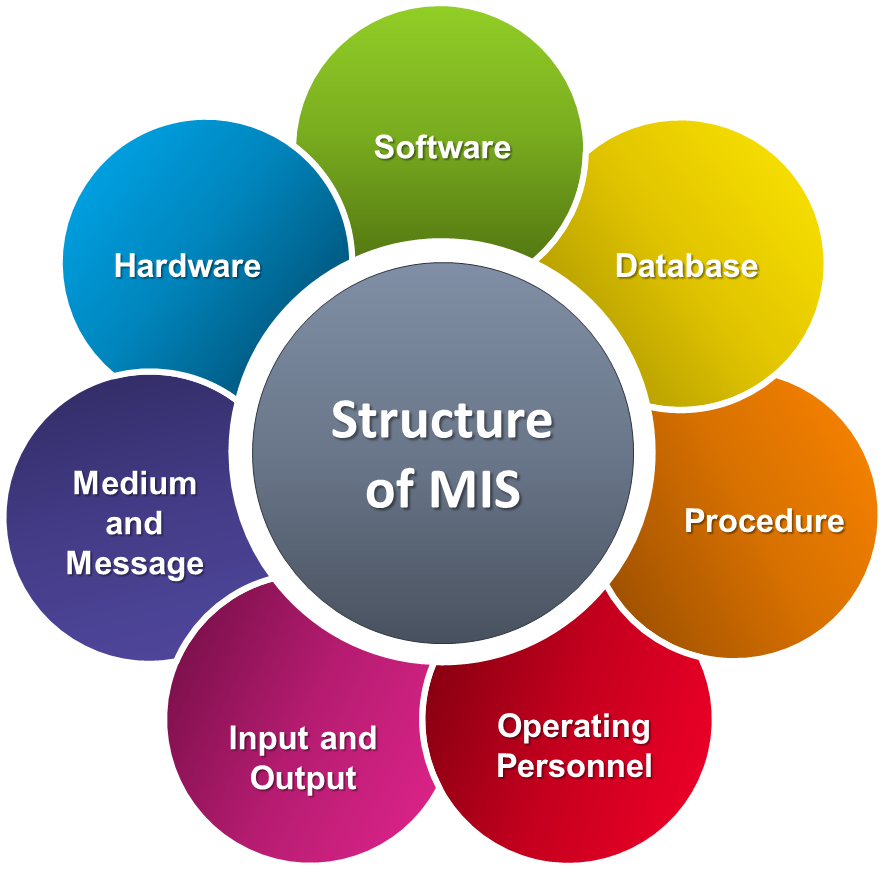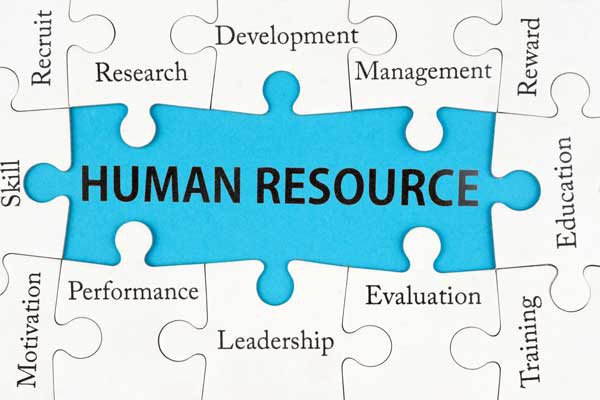
How can we help you today?
Registered Office
Infowan Technologies Pvt Ltd
Mumbai-401107. INDIA.
Contact Details
+91 98201 97205
+91 98201 26871
+91 98670 74415
support@infowan.net
info@infowan.net
What is management information system? Simply put, it is a structured, integrated framework designed to help businesses collect, process, and manage data effectively to support decision-making processes. In today’s fast-paced and data-driven world, understanding what is management information system has become crucial for any organization striving to maintain a competitive edge and improve operational efficiency.
Imagine a system that delivers real-time, accurate insights about your business performance, customer behavior, and operational bottlenecks — guiding every decision with precision. This is the power of a management information system. Whether you are a business owner, manager, or IT professional, knowing what is management information system will enable you to leverage technology to improve productivity, reduce costs, and achieve business goals.

In this detailed guide, we will explore what is management information system, its various types, key benefits, career opportunities, future trends, and how it plays a vital role in modern business landscapes. For businesses specifically seeking payroll automation, solutions like HRMS Payroll Software offer seamless integration with MIS to streamline operations.
To fully grasp what is management information system, it is important to understand its definition and fundamental purpose. A management information system (MIS) is a combination of people, processes, and technology that work together to collect, process, store, and disseminate information necessary for effective management and operational control within an organization.
Over time, the concept of what is management information system has evolved from simple manual record-keeping and paper-based reporting to highly sophisticated digital systems equipped with advanced data analytics, automation, and cloud capabilities. Today’s MIS not only processes data but also helps predict trends, forecast outcomes, and support strategic decision-making.
The core functions of a management information system include:
By understanding what is management information system, businesses can ensure that accurate and actionable data is available at every level of management. Companies using solutions like Payroll Management System benefit from automated data flows that enhance MIS efficiency.
Answering what is management information system also requires recognizing the different types of MIS that serve distinct business functions. Each type is designed to support specific areas of an organization and provide targeted insights. Here are the main categories:

Knowing what is management information system is essential because of the transformative impact MIS has on modern business operations. MIS plays a crucial role in enhancing operational efficiency by automating repetitive tasks, reducing errors, and accelerating workflows. This leads to significant cost savings and improved productivity.
MIS also provides a competitive advantage by enabling businesses to make faster and more informed decisions. Real-time data analytics allow companies to respond quickly to market changes, customer demands, and internal challenges. This agility is especially important in industries facing rapid technological disruption.
Furthermore, MIS adapts to various industry needs, whether it’s manufacturing, retail, healthcare, or finance. The widespread adoption of MIS is reflected in the increasing investment: industry reports estimate that global spending on MIS solutions will grow steadily in 2025, signaling its rising importance in business strategy.
```Understanding what is management information system also involves appreciating the multiple benefits it offers to organizations:

It is common to confuse what is management information system with related concepts such as computer science, ERP, and HRMS. Here’s a clear explanation of their differences:
Understanding these distinctions clarifies what is management information system and its specific role in organizational technology.
For those asking what is management information system in terms of career prospects, MIS offers diverse and lucrative job opportunities across industries. Common roles include:
Required skills for MIS careers include strong analytical ability, proficiency with data tools, technical knowledge, and excellent communication.
Average salaries for MIS roles vary by country but are generally competitive, reflecting the high demand for professionals who understand what is management information system and can translate data into business value.

A critical part of understanding what is management information system is knowing the technologies behind it. Common MIS tools include:
These technologies are vital components that help businesses implement and benefit from MIS.
As we look to the future, understanding what is management information system means staying ahead of emerging trends such as:
These advancements will shape how businesses use MIS in 2025 and beyond, making it more intelligent and accessible.
To answer what is management information system in a practical way, businesses must know how to select the right system. Key considerations include:
Choosing the right MIS ensures the system aligns with your organization’s goals and delivers maximum value.
InfowanHR demonstrates a practical example of what is management information system combined with HRMS to empower SMEs, especially in India. Key InfowanHR features that support MIS include:

By integrating these functions, InfowanHR helps businesses make data-driven decisions, improve employee management, and increase operational efficiency.
Best HR Software in India | Top HR Software in India | What is an HR System? | Online HR Management Software | Best Payroll Software in India | Employee Payroll Management System | What is a Payroll System? | What is Payroll? | What is HRMS? | What is HR Management? | 7 Roles of HRM | What is Human Resources? | Top HR Interview Questions | What is HR? | HR Analytics Explained | What is HR Compliance? | Human Resource Management Guide | Best HRMS System | HR Management System Software | HR Software for Small Business | Best HRMS Employee Self Service | What are the Functions of HRM | Functions of HRM | Human Resource Accounting | Difference Between HRM and HRD | Best HRMS Software in India | Top HRMS Software in India | HRMS Companies in India | What is 3rd party payroll | Payroll Software list | What is payroll management in HR